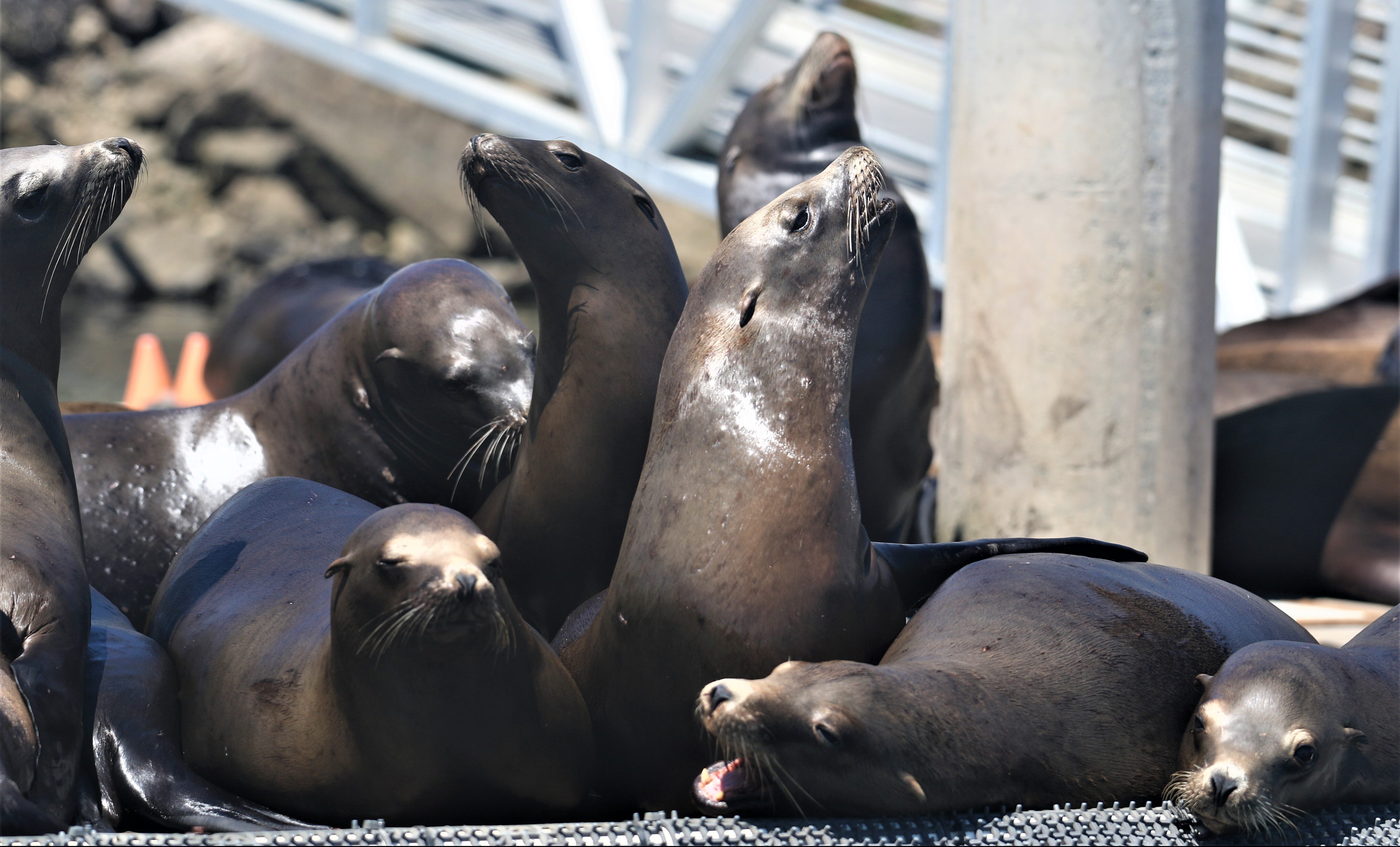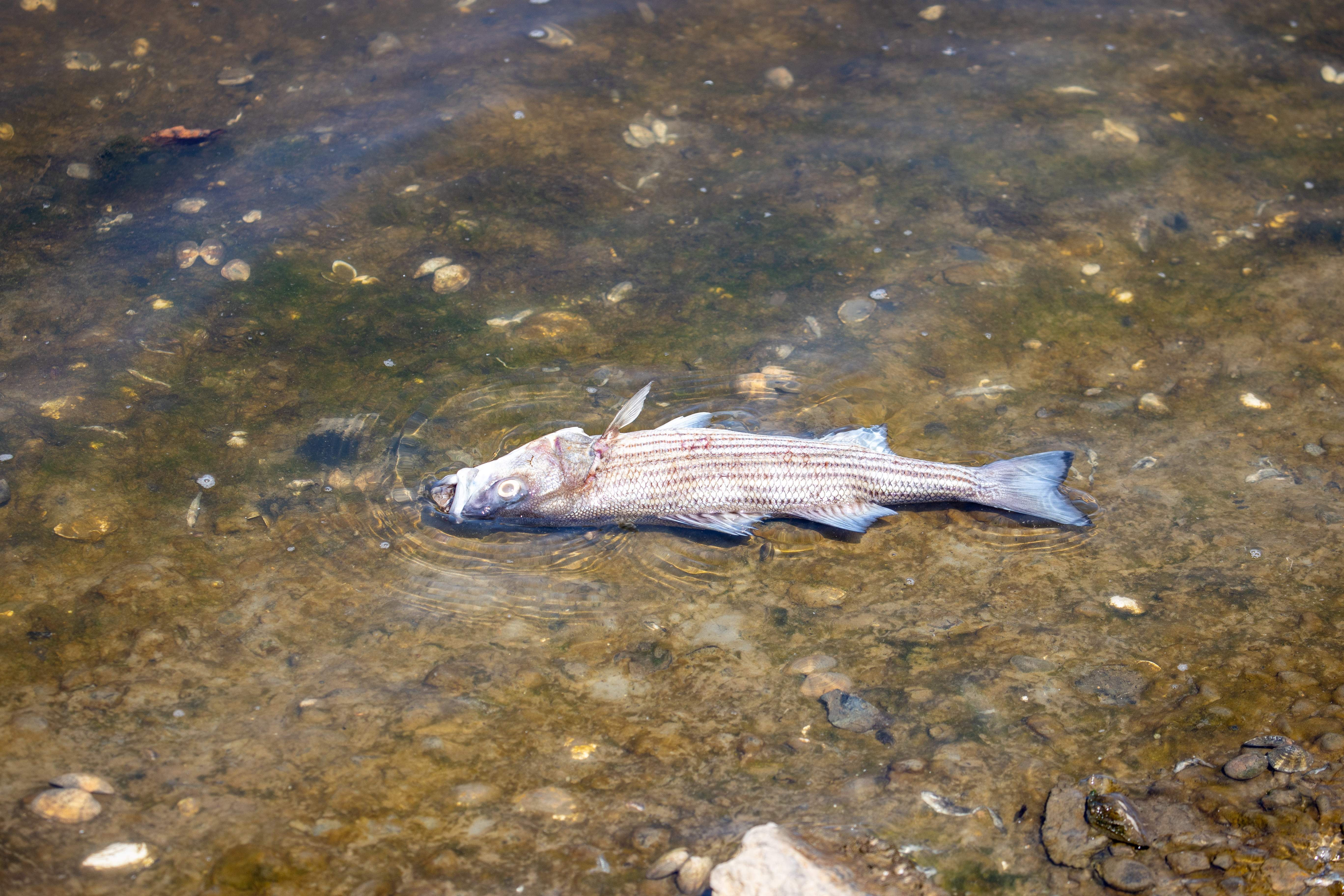On a Venice beach, marine mammal care expert Debbie Kinney placed orange cones on the sand, trying to keep people away from the writhing sea lion just a few yards away.
The sea lion is just one of many marine mammals that have been washing ashore, dead or dying, along the Southern California coast. Thus far, officials estimate people have made more than 1,000 calls about sick or dead sea lions, seals, dolphins and other marine mammals.
“It’s real bad. We’re in a crisis period,” said Peter Wallerstein, president and founder of Marine Animal Rescue Specialists.
Get Southern California news, weather forecasts and entertainment stories to your inbox. Sign up for NBC LA newsletters.
Experts blame toxic algae blooms poisoning smaller fish, then turning into a neurotoxin when eaten by larger marine animals.
While the California Department of Public Health says the domoic gas released by the bloom is naturally occurring, Wallerstein said part of the problem is man-made.
“Domoic gas poisoning is caused by runoff from the land into the ocean, so wherever we have runoff into the ocean, we have a lot of domoic poisoning,” he said.
Justin Greenman, the California assistant stranding coordinator for the National Oceanic and Atmospheric Administration, said the poisoning affects the brain and heart, and can cause seizures, disorientation, aggression, miscarriages and death.
Kinney, with the Marine Mammal Care Center, said the agal blooms and subsequent poisonings are increasing in frequency and intensity. As she explained that fact, she took off running, keeping a beachgoer away from the sea lion on the sand.
The MMCC said there have been some 50 rescues in just the past two weeks. But with many local facilities at capacity, the clock is ticking to find more available space.
Kinney and Wallerstein said if the sea lion is still there Monday, they hope to be able to transport her to a facility.
“She looks pretty out of it right now, but if we get her in and they flush the toxin out of her body, she might have a chance,” Wallerstein said.
In the meantime, people who see similarly sick animals on the beach are asked to stay away, giving them time to rest and recover from their illness.



